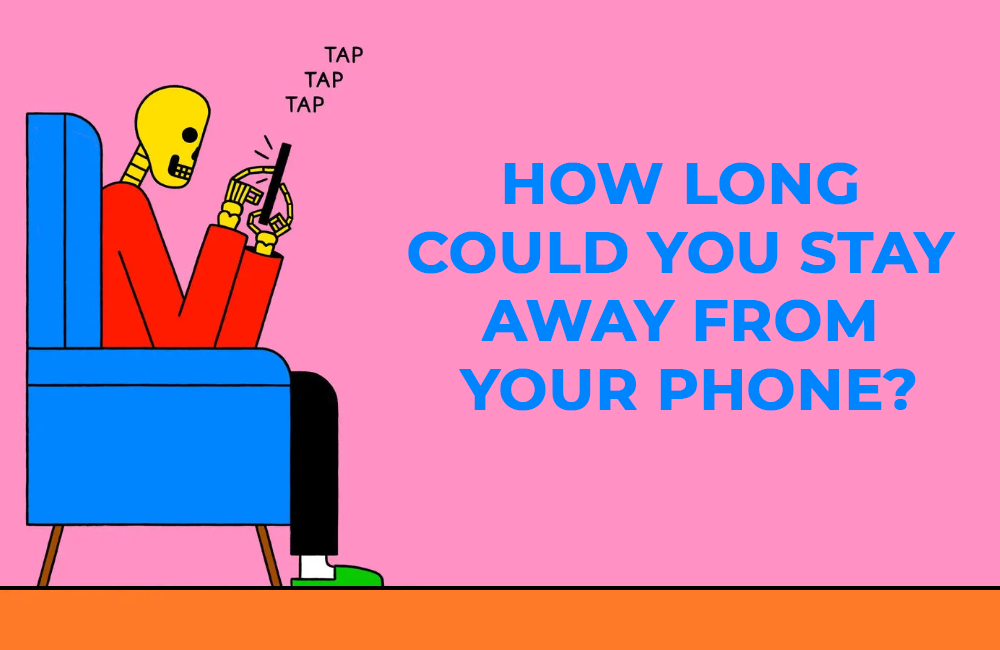Do you spend most of your daily hours scrolling through your feed on your smartphone? As humans, we tend to pick up our phones in every situation, be it while you're eating, sleeping, working or even socialising. While a smartphone, tablet, or computer can be a hugely productive tool, compulsive use of these devices can interfere with work, school, and relationships. When you spend more time on social media or playing games than you do interacting with real people, or you can't stop yourself from repeatedly checking texts, emails, or apps—even when it has negative consequences in your life—it may be time to reassess your technology use. Scientists have explained why we are tempted to pick up our smartphones and start scrolling through social media or text messages at any moment, even when the devices disrupt our face-to-face social interactions. Researchers at the University of Arizona and Wayne State University in the US examined existing research on "technoference," or the potential interference smartphones and other technologies can have in our face-to-face social interactions.
Here are some shocking revelations in the study:
1. Nearly 50 percent of adults reported they "couldn't live without" their phones.
2. "The draw or pull of a smartphone is connected to very old modules in the brain that were critical to our survival, and central to the ways we connect with others are self-disclosure and responsiveness,"said David Sbarra, a psychology professor at the University of Arizona.
3. In the course of evolutionary history, we have relied on close relationships with small networks of family and friends for survival as individuals and as a species, researchers said.
4. These relationships were based on trust and cooperation, which is built when people disclose personal information about themselves and are responsive to others, they said.
5. Smartphones and the constant access they provide to text messaging and social media make it easier than ever for people to disclose personal information and respond to others in their social networks.

Comments
Leave a comment